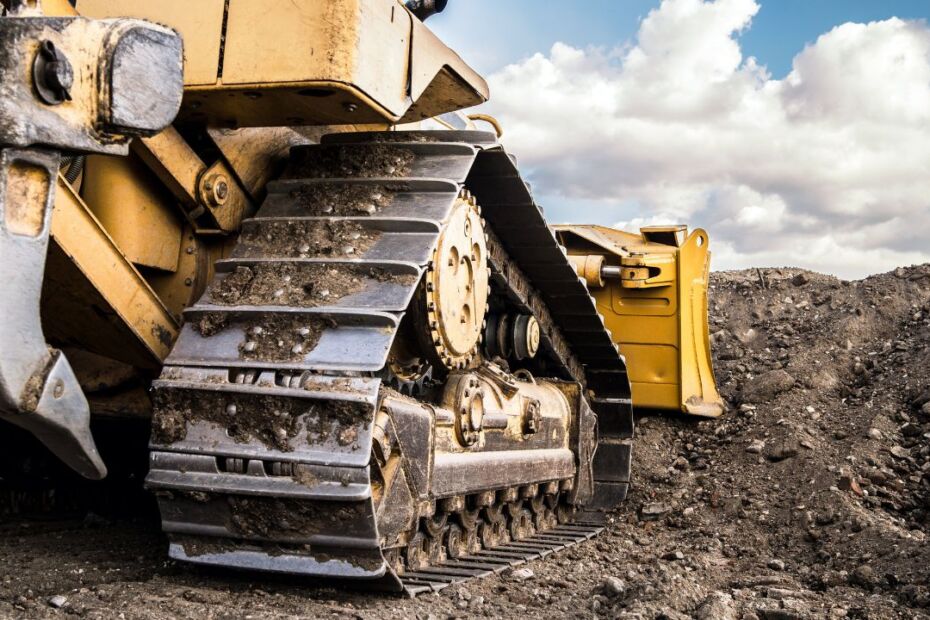When purchasing heavy equipment, you’re investing in that equipment to last for a long amount of time. It’s best to know the dos and don’ts of operating heavy equipment so you can protect yourself and your gear from harm.
Do Be Aware of Your Surroundings
You need to constantly be on the lookout for obstacles in your path. Whether it’s in the air or below on the ground, you want to keep yourself and those around you safe. Be conscious when digging underground that you are not in danger of hitting any hidden installations, such as electrical utilities or water lines. Before you begin maneuvering your heavy equipment for the day, remember to understand the area in which you’re working and be aware of your surroundings.
Don’t Let the Machine Idle
Allowing your heavy equipment to idle can increase fuel costs and cause damage to the equipment’s engine over time. It is also harmful to the environment to let fumes into the air when it’s not necessary. Remembering to shut off your machine at times when you aren’t using it will be more beneficial to the equipment, the environment, and yourself.
Do Wear Protective Gear
Wearing protective gear such as gloves, safety glasses, hard hats, and boots is essential to working in or near heavy equipment. The goal is not only to get the job done but to complete the job safely.
Don’t Use Equipment for Tasks It’s Not Meant To Do
You don’t want to use any of your heavy equipment for projects it’s not designed for. An example would be using a machine designed for digging to lift something heavy like a crane might. When you put this type of strain on the equipment, this can easily cause damage. It could also potentially harm the person working the machine and those around it.
Be safe and know the tasks that the equipment can perform before operating any machinery.
Do Communicate With Your Team
In addition to being aware of your surroundings, you should know your job when operating heavy equipment. Effective communication with your team will keep you informed of the tasks you need to complete and keep everyone safe. You want to know what others are doing and where they are located before jumping into another job.
Don’t Forget To Inspect All Heavy Equipment
Before operating any heavy equipment, you want to check the machinery to ensure it is in a safe condition to use. If you see an issue, don’t ignore it. Look into the problem and try to find an alternative solution until that piece of equipment is fixed.
No matter the task, understanding how to work heavy equipment is important to keeping you, your team, and the equipment safe. Understanding the dos and don’ts of operating heavy equipment will effectively prepare you for your next day on the job.
